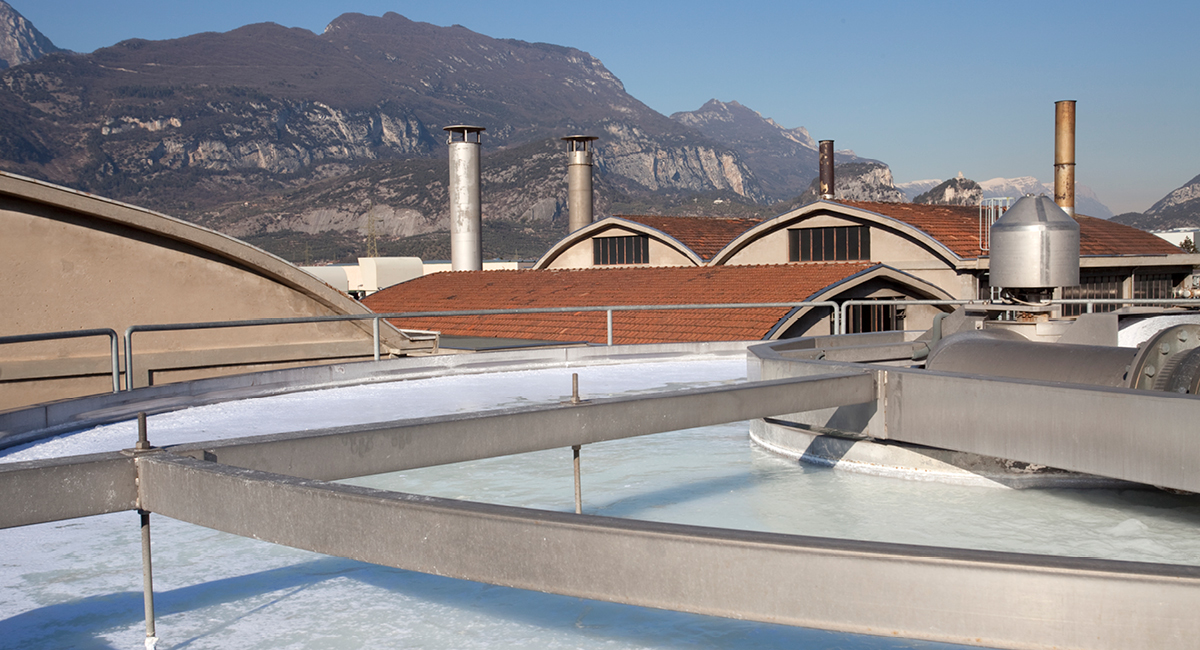
Biodiversity: our efforts for its protection
«Making peace with nature is the defining task of the 21st Century», António Guterres, Secretary-General of the United Nations.
Biological diversity means the variability among living organisms and the ecological complexes of which they are part (UN Convention on Biological Diversity). Amazing diversity, driving the balance of natural systems and essential to human flourishing thanks to a range of “services”: water purification, pollination, wood and fiber supply, climate adjustment, flood mitigation, provision of amenity and leisure facilities, and far more. As reported in the Global Risks Report by the World Economic Forum, let’s keep in mind that half of the global GDP (about 40 trillion euros) depends on the natural environment and its…”assets”.
The current crises are closely intertwined: biodiversity loss, climate change, and inequalities for human development. This loss of biodiversity spells doom for the planet and its inhabitants. The main drivers are tied first and foremost to exploitation of land due to human activities such as agriculture and urbanization, yet the impact of climate change also plays its role in this situation. Reversing the trend and safeguarding biodiversity is a leading challenge. Through responsible actions and leadership, companies must now be part of the solution.
Fedrigoni strongly considers this commitment demands for tangible aims and progress, steered by a systemic vision, in terms of time and impact alike.
Our progress in this direction, detailed in our Sustainability Report 2021, includes sourcing 100% of the pulp used by the Group from FSC-certified forests; returning 97% of water used to the environment. By 2030, we want to reduce our CO₂ emissions by 30%.
Our ‘Making Progress’ approach inspires ambitious goals on issues of biodiversity. To accomplish them, we set out a partnership with ETIFOR | Valuing Nature, a consulting firm for the environment born as a spin-off of Università di Padova, focused on ‘restoring the balance between people and nature’ working alongside companies.
Last April our first Biodiversity Impact Assessment was launched. Analysis and mapping of biodiversity risks for 7 Fedrigoni Special Papers mills. An essential work to understand how to mitigate our direct and indirect impact on biodiversity, at the locations examined and throughout the supply chain.
Avoid, reduce, restore, and compensate: our commitment and efforts to save and sustain biodiversity.
The project
Focused on 7 paper mill sites in Italy, namely Arco, Cordenons, Fabriano, Pioraco, Scurelle, Varone, and Verona, the project as a first step performs a “proximity analysis,” identifying the vicinity of the mills to protected and natural interest areas within a 20km distance from the mills. The result revealed that all factories are located within 5km from a biodiversity area.
According to the data collected during the on-site inspections by Etifor staff, the next step will be to assess all the impacts that our paper mills have on biodiversity. The Pioraco plant, which is located within a sheltered area, will be the first step, followed by all the other paper mills, and activities related to biodiversity will be progressively implemented, from the engagement of local stakeholders, to raising awareness on the topic, and an ongoing timely monitoring of the specific impacts of each mill.
Again, in partnership with Etifor a thorough analysis of our supply chain is underway, for us to have a complete and accurate mapping of as many steps as necessary and to define improvement targets accordingly. An effort undertaken to get to define a “zero deforestation” commitment over the next few months.
To read our Impact Assessment, click here










